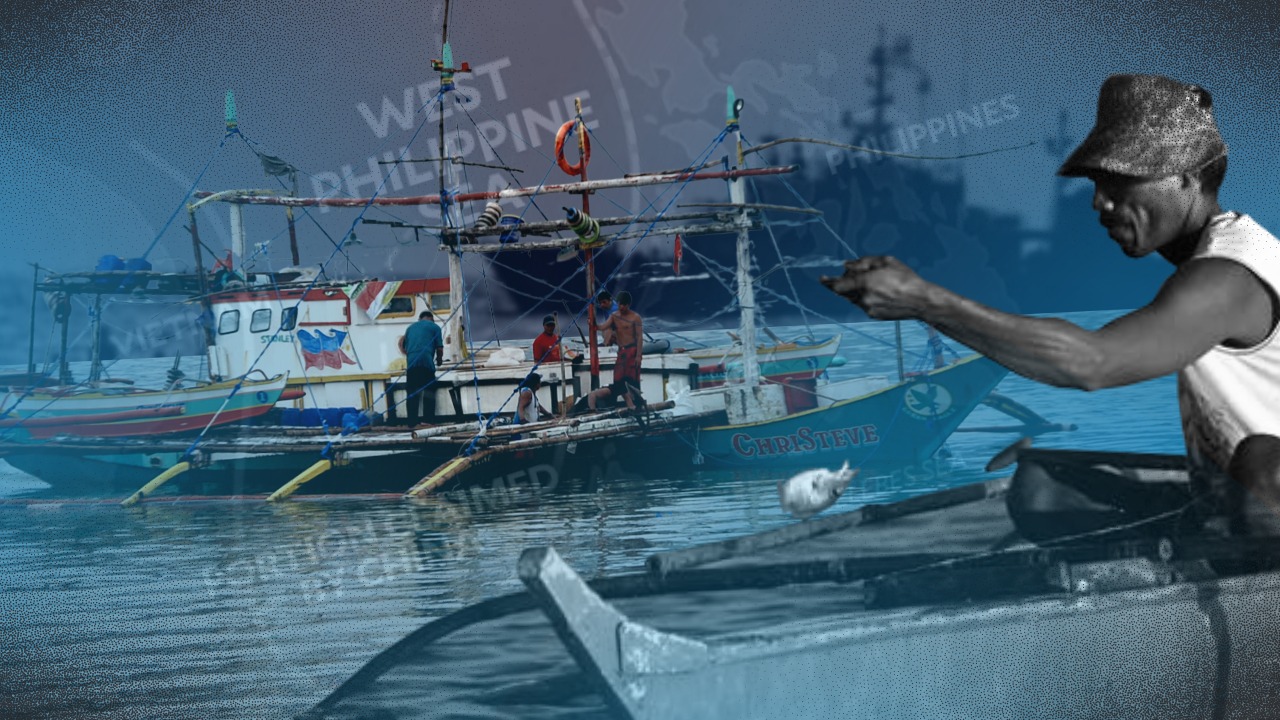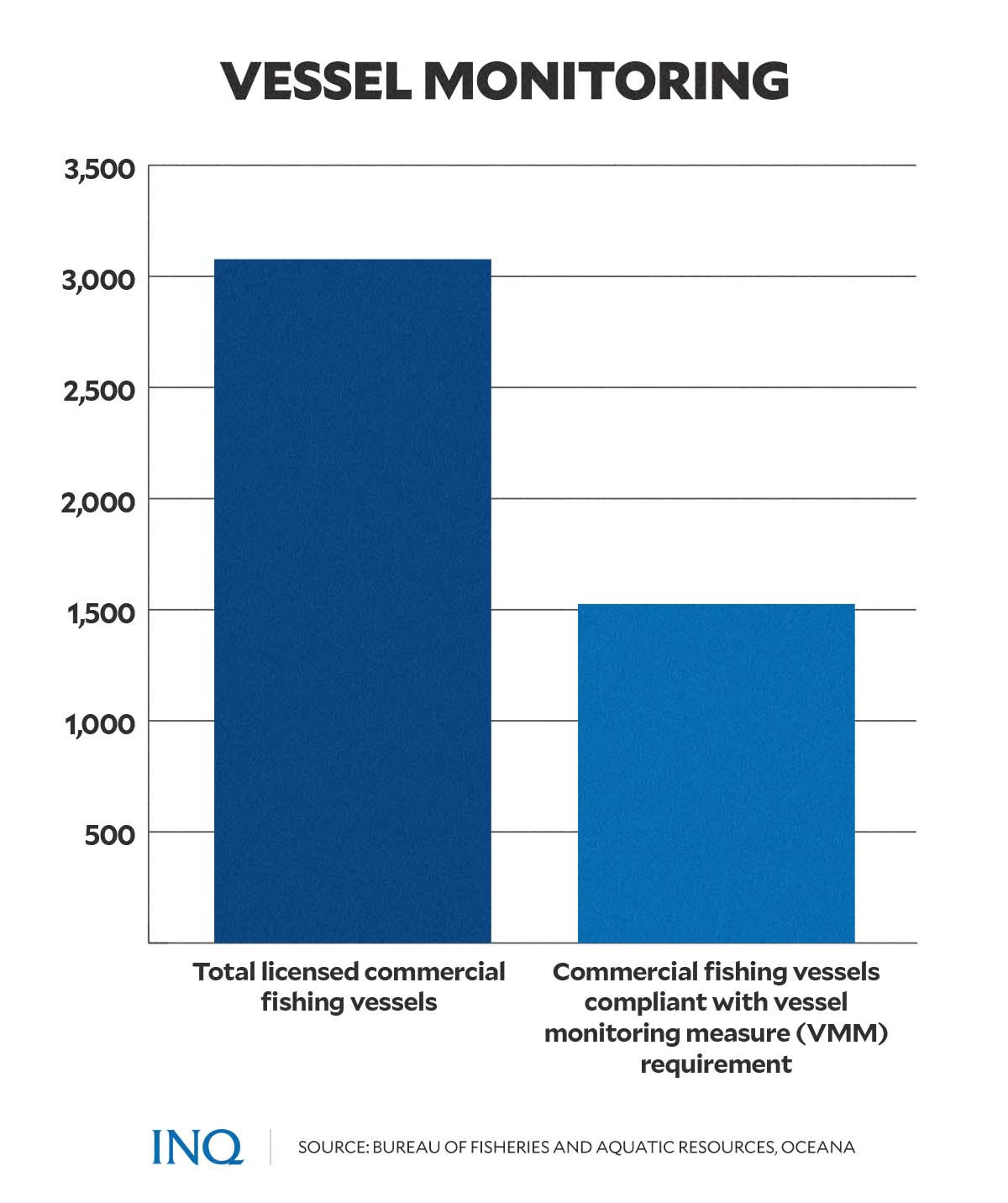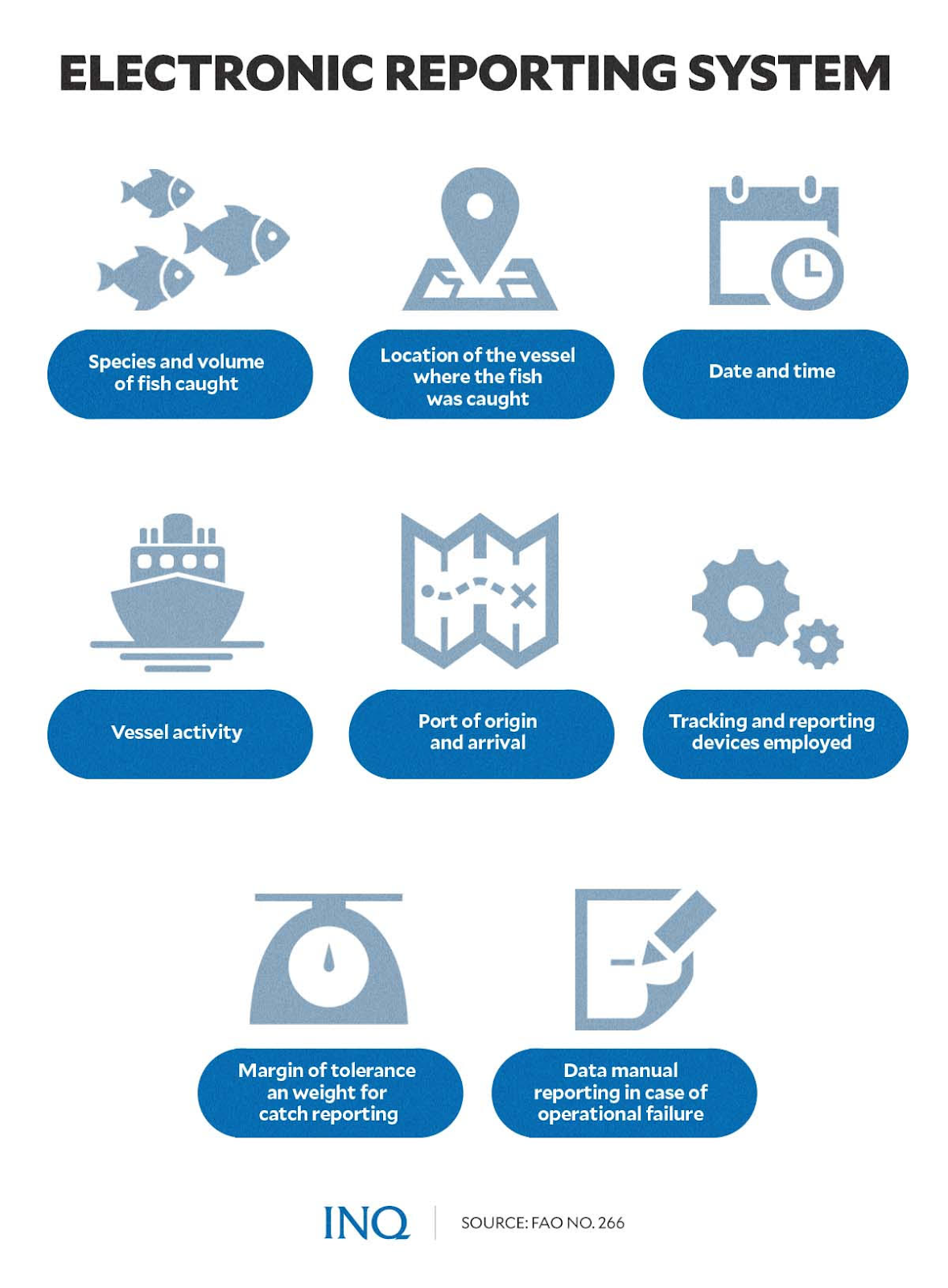Commercial fishing group warns of ‘price shock’ if vessel monitoring enforced
MANILA, Philippines—A group of commercial fishers warned on Thursday (June 8) that the cost of fish could soar to record highs should a controversial regulatory measure, which seeks to keep track of commercial fishing vessels, was enforced.
According to Roderic Santos, director of the Inter-Island and Deep Sea Fishing Association (ISDFA), Fisheries Administrative Order (FAO) No. 266 “has dire consequences, especially on government efforts to achieve food security.”
FAO No. 266, which was signed on Oct. 12, 2020, listed down rules and regulations for the implementation of the Vessel Monitoring System (VMS) and installation of Electronic Reporting System (ERS) in commercial fishing vessels in the Philippines.
READ: Gov’t requires monitoring devices in all fishing vessels
The systems are part of the Integrated Marine Environment Monitoring System which, the Bureau of Fisheries and Aquatic Resources (BFAR) said, seeks to effectively monitor and regulate the harvest of marine resources by detecting illegal activities.
However, in less than a year, FAO No. 266 was declared void by the Malabon City Regional Trial Court (RTC) Branch 20. The final resolution over its constitutionality is still pending at the Supreme Court.
Article continues after this advertisementThe RTC sided with the group of corporations engaged in commercial deep-sea fishing, which filed a petition for the issuance of a permanent injunction claiming that FAO No. 266 violated their constitutional rights to privacy and against unlawful searches.
Article continues after this advertisementISDFA said the petitioners asserted that the information, which will be recorded and reported via ERS, like location of the vessel where fish was caught, are “sensitive information and part of their trade secrets and proprietary information.”
RELATED STORY: Vessel monitoring, key to fight vs plunder of PH seas, faces new problem
The court was also told that the regulatory measure violates the equal protection clause and the law it seeks to implement, saying that the release of FAO No. 266 violated their right to participate in the decision-making process.
Last April, Malacañang, through a memorandum signed by Executive Secretary Lucas Bersamin, suspended the implementation of FAO No. 266, which required commercial fishing vessels to only use SRT transreceivers.
RELATED STORY: PH suspends monitoring of commercial fishing vessels
Price shock
Santos said food security could be threatened and consumers exposed to what he described as “price shock” should the BFAR insist on implementing FAO No. 266.
“Relatively, the entire local fishing industry is against FAO No. 266. No commercial fishing vessel will continue to operate if this unconstitutional regulatory measure is enforced,” he said.
RELATED STORY: Bongbong Marcos told: ‘Red Card’ reports vs PH fisheries ‘baseless’
“It will see many, if not all, commercial fishers not going to the sea and this will mean a shortage of fish,” Santos said. “A shortage of fish will, of course, cause an increase in prices.”
He shared the sentiments of the Alliance of Philippine Fishing Federations Inc. (APFFI), which sent a letter to President Ferdinand Marcos Jr. on Monday (June 5) to stress its “strong opposition” against the regulatory measure.
APFFI said FAO No. 266 could “wipe out the commercial fishing industry, affecting food security as well as employment,” pointing out that the country’s fish requirement will eventually join the basket of controversial basic products.”
For the group Oceana, however, the VMS is an important tool to ensure that commercial fishing operators do not enter municipal waters, the critical 15-kilometer zone from the shoreline that is the spawning ground of fish and their habitat.
READ: Oceana urges gov’t to enforce vessel monitoring system
Last month, Oceana called on Malacañang to lift the suspension of the implementation of FAO No. 266, stressing that “with the alarming standstill in the implementation of vessel monitoring, we risk being slapped from our biggest buyer of fish and seafood products, the European Union (EU), with a second yellow card warning.”


